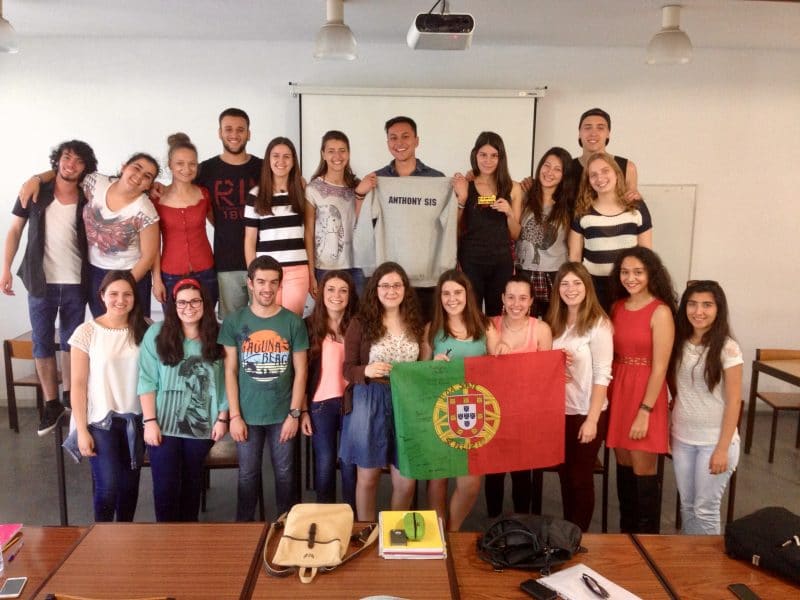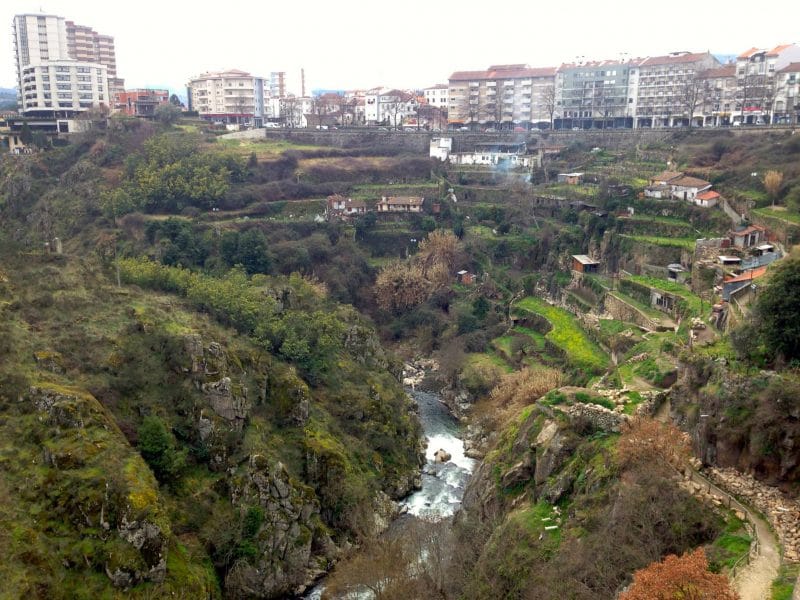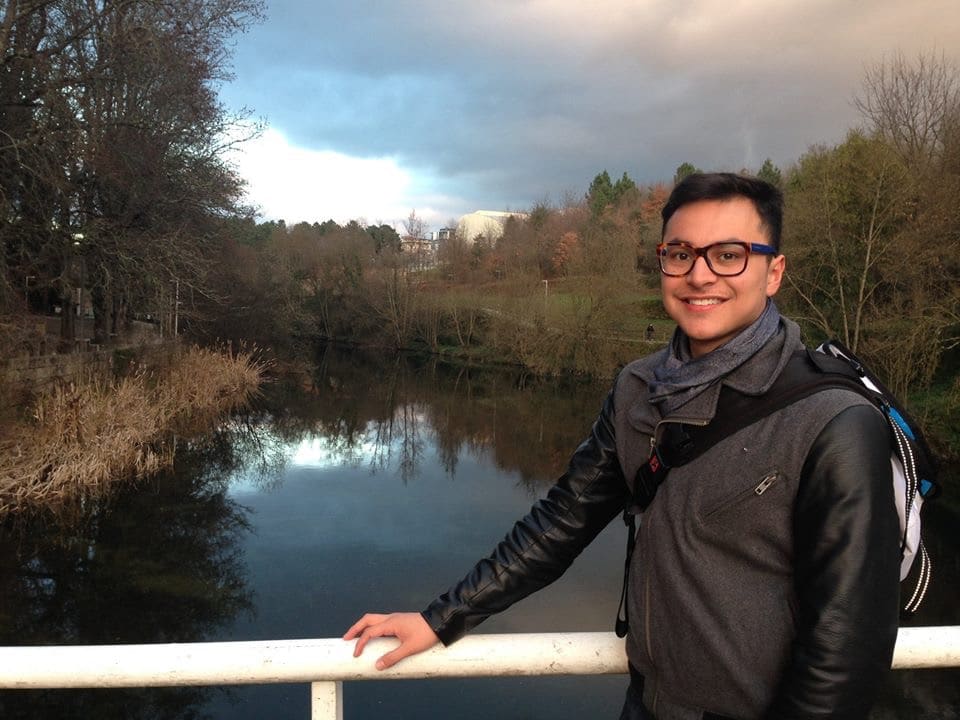
The Fulbright English Teaching Assistantship (ETA) places recent college graduates and young professionals from the United States in classrooms around the world to facilitate English teaching. The one-year fellowship, which has opportunities in over 70 countries, is designed to foster intercultural understanding and communication through an immersive cultural experience. In addition to their teaching roles, ETAs serve as ambassadors for the U.S., sharing their culture and forming relationships with residents of their host country.
We talked to Anthony Sis, a Fulbright ETA to Portugal and a now Diversity and Inclusion Training Specialist at Cornell University, to learn more about the program and get some application tips.
1. What inspired you to apply for the Fulbright ETA in Portugal?
What inspired me the most to apply for the Fulbright ETA in Portugal was the fact that I’d have the opportunity to live in a country and region that I knew very little about and had never visited. I knew I wanted to teach right after undergrad, but I didn’t know if I wanted to commit to teaching beyond a year or two years. This was part of the appeal in applying for a Fulbright. I ultimately chose Portugal because it allowed me to teach college students while challenging me to learn not only a language I wanted to learn for years, but also more about the country, its people, and its history. I became one of two ETA recipients for Portugal and was the first from my undergraduate institution to successfully receive a Fulbright ETA grant to Portugal.

2. How has the fellowship experience influenced your current work?
My fellowship experience taught me a lot of things. For one, it taught me how to work with individuals from a variety of ages and generations. At the time, I was a 22-year-old with only a bachelor’s degree, but I was teaching English language and American culture at the University of Trás-os-Montes and Alto Douro in Vila Real, Portugal, alongside professors who had Ph.D.’s. That alone was daunting and stressful, but ultimately proved to be very rewarding. Many of my colleagues spoke English, but I was adamant about learning Portuguese and asked them to only speak to me in Portuguese even outside of work in order to enhance my language comprehension.
My experience engaging with students both inside and outside of the classroom also inspired me to go to graduate school to pursue a degree in student affairs/higher education. I saw how energized my students would get when they coordinated university-related activities through the Erasmus Programme, so I took advantage of these opportunities to get to know more about my students’ passions, interests, and goals in life. These connections that made it so difficult to leave Portugal, but it also confirmed my passion for student engagement and cross-cultural interactions. I can confidently say that my ETA experience had a profound impact on my career and imbuing my understanding of many social and political issues with a global perspective.

3. What tips would you give others applying to the Fulbright ETA in Portugal?
I was one out of two Fulbright ETA grant recipients for a country that is very competitive to receive a grant for. I also did not have the most stellar G.P.A. I have been fortunate to advise many people on their Fulbright applications and the one thing I always advise each and every person is to not focus on the competitiveness of prestigious fellowships like Fulbright. Instead, focus on the statement of grant purpose and why you are applying for a Fulbright ETA in Portugal. Yes, Fulbright does look great on your resume, but what will the content of your application be?
Focus on three whys:
- Why Fulbright
- Why Portugal
- Why you
To answer the last why, be sure to do your research on what the candidate profile looks like for Portugal. This will help you narrow down your response to highlight why you would be the best fit for the ETA grant in the country. The most challenging part will be answering all three whys on a single page, single space document! A quick fix to this challenge will be to write down as much as you can that answers all three whys, even if it’s more than one page, single-spaced because it is always easier to narrow down your statement than it is to add more to it.
Another helpful hint is to make sure you are telling a story. Many people will write a statement in a professional format, but the readers of these statements will be reading hundreds of applications with a similar format. Start off with a personal narrative that directly relates to your three whys, and I guarantee you that the statement will be much stronger and stand out among a pool of applicants. My personal narrative began with how I picked up a second language growing up due to linguistic barriers between my grandmother, who took care of me for many years while my parents were working. This tied back to my interest in applying for a Fulbright ETA grant to Portugal. Don’t be afraid to be a little vulnerable and a little personable in communicating why you would be the best fit.

Anthony Sis is a Posse and Fulbright scholar from Chicago, Illinois dedicated to empowering and enhancing the lives of others through various platforms. They graduated from Connecticut College in 2014 with a Bachelor of Arts in Government and a certificate in Public Policy and Community Action. In May 2017 Anthony graduated with a Master’s of Education degree in Higher Education from Loyola University Chicago. Anthony currently serves as a Diversity and Inclusion Training Specialist at Cornell University.
Interested in applying? Bookmark the Fulbright English Teaching Assistantship (ETA) to your ProFellow account.
© Victoria Johnson 2019, all rights reserved.